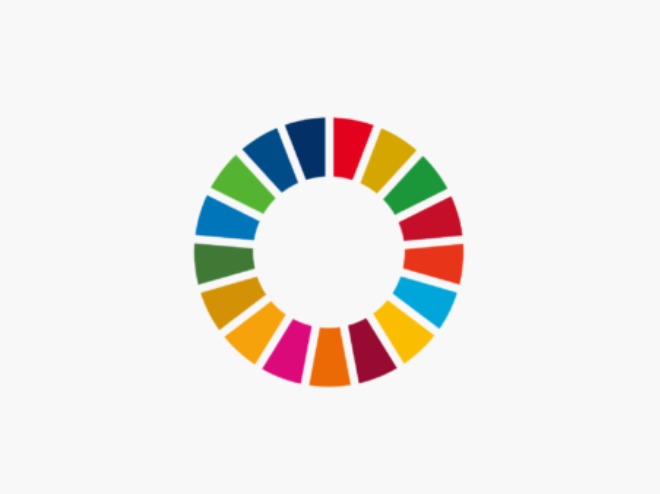
Nuclear Technology for Controlling Plastic Pollution
共創チャレンジ
2024.07.23
法人
| チーム名 | IAEA |
|---|---|
| 共創メンバー | International Atomic Energy Agency |
| 現在の活動地域 国/地域 | Austria |
| 活動テーマ | ///// |
The IAEA NUclear TEChnology for Controlling Plastic Pollution (NUTEC Plastics) addresses the challenge of plastic pollution through improved recycling using radiation technology, and through marine monitoring using isotopic tracing techniques. It brings together countries and partners from around the world to fight plastic pollution on two fronts: at point of source by introducing new technologies to improve plastic recycling, and in the ocean where the bulk of plastic waste ends up.
Marine monitoring
Using nuclear and derived methods, the IAEA will support marine laboratories to generate scientific knowledge on the impacts of plastic pollution in coastal and marine ecosystems. Specialized methods are used to precisely track and quantify the movement and impacts of microplastic particles and associated co-contaminants. This will allow to: determine the status and trends of
marine plastic particles in sediment, water and biota in the coastal ocean, assess marine plastic bioaccumulation pathways and impacts on valuable marine animals, and develop risk scenarios using this newly generated, science-based information for informed decision making.
Recycling with irradiation
Using gamma and electron beam radiation technologies as a complement to traditional mechanical and chemical recycling methods, certain types of plastic waste can be modified and therefore reused or recycled. These technologies can complement existing recycling efforts to: sort mechanically treated plastic waste according to polymer type, breakdown plastic polymers into smaller components to be used as raw materials for new plastic products, treat plastic so that it can be amalgamated with other material to make more durable products and convert plastic into fuel and feedstocks through radiolysis.
The NUTEC initiative contributes to achieving the SDGs by enhancing laboratories’ capabilities to study plastic pollution in marine ecosystems. Specifically, NUTEC Plastics equips labs worldwide to sample and analyze marine microplastics, supporting SDG 14 (Life Under Water).
情報発信・PR: NA
The global plastics problem is transboundary in nature and impacts all countries around the world, with developing economies experiencing the heaviest burden. Through the IAEA’s NUTEC Plastics initiative, 63 countries are participating in marine monitoring of microplastics, and 30 around the world are developing innovative recycling technology.
The objective is to assist all IAEA Member States in integrating nuclear techniques in their efforts to address challenges of plastic pollution.
Partnerships with and between governments, international organizations, civil society, academia, the private sector, and non-governmental organizations will be sought and nurtured to raise global awareness of the benefits that IAEA NUTEC Plastics offers in the nuclear-based technologies as part of the solution to plastic pollution challenges.
Cooperation with other technical and scientific institutions will be sought for exchange of information and for leveraging contributions.
This innovative approach reflects the theme of designing a future society by leveraging advanced scientific methods to solve contemporary environmental issues, thereby creating a healthier and more sustainable living environment. This aligns with the EXPO theme by envisioning a society where resources are used efficiently and responsibly, ensuring the well-being of future generations.
Cleaner environments lead to healthier communities, which is a core aspect of designing a future society that prioritizes the well-being of its inhabitants. The initiative also emphasizes education and raising awareness about plastic pollution and the potential of nuclear technologies in environmental protection. This educational component supports the EXPO theme by fostering a society that is informed, engaged, and equipped to make sustainable choices for the future.
press@iaea.org